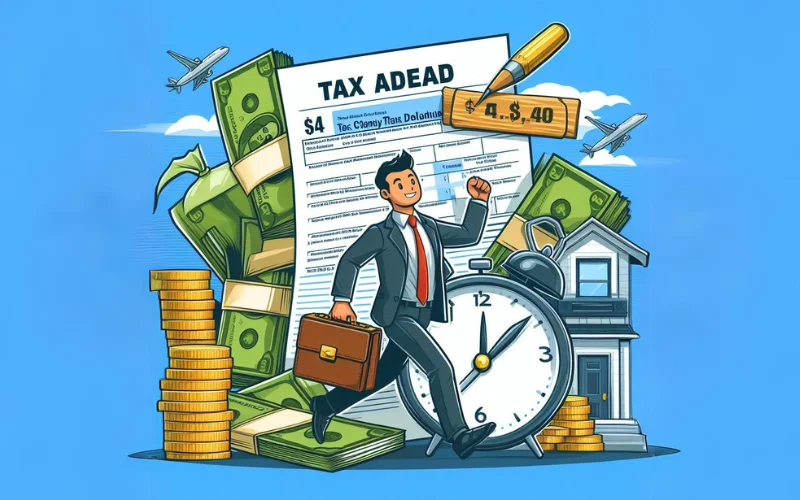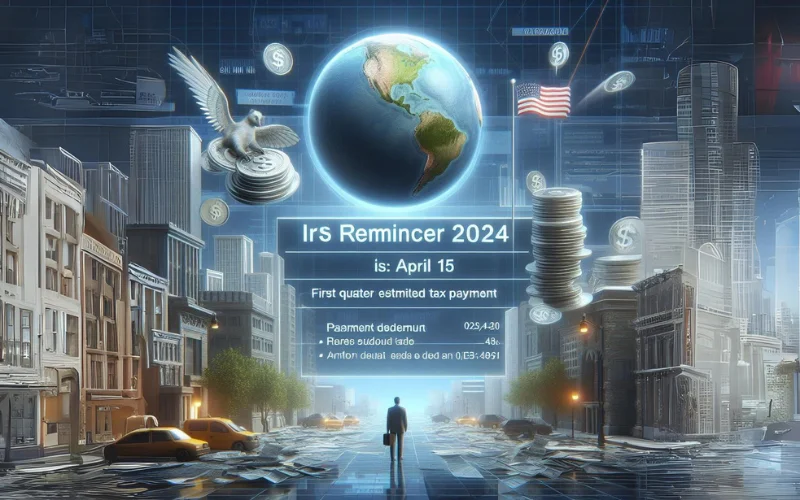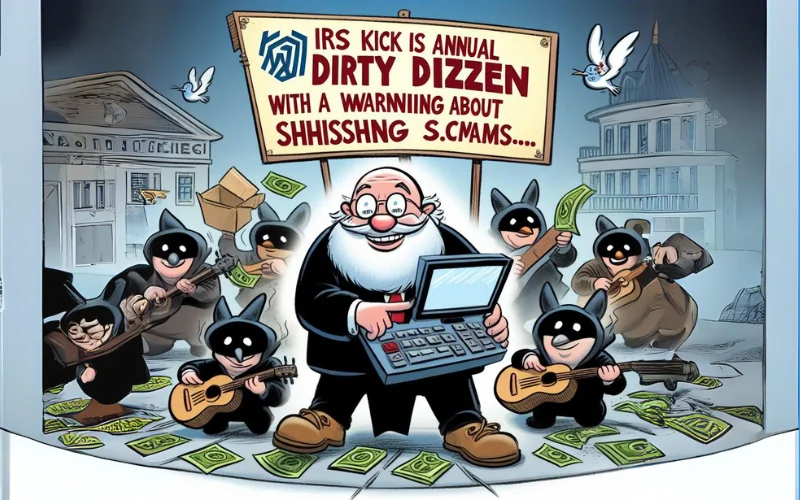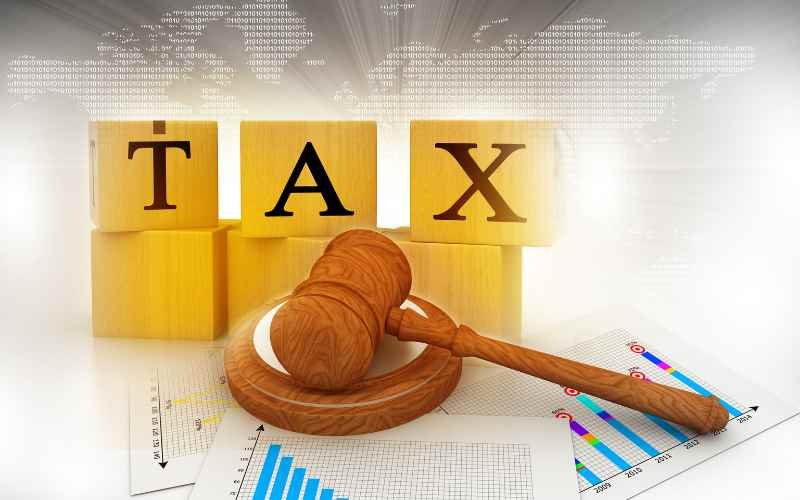The Tax Court declines to create a precedent and allow an individual S corporation shareholder to unilaterally and retroactively revoke the corporation’s election.
The Tax Court held an S corporation shareholder in his capacity as a shareholder could not unilaterally revoke an S corporation’s tax election to deduct Federal Insurance Contributions Act (FICA) taxes and claim Sec. 45B “FICA tip” credits.
Facts: During 2006 and 2007, the shareholder, Ronald Caselli, was one of three shareholders of Apple Gilroy Inc. (AGI), an S corporation operating several restaurants. The restaurants’ employees’ earnings came partially from tips, on which AGI was required to pay FICA taxes. On its 2006 and 2007 income tax returns, AGI deducted its payments of the FICA tip taxes and did not claim any FICA tip credits.
On his 2006 and 2007 individual returns, Caselli claimed flowthrough deductions from AGI. Caselli subsequently filed amended individual returns for both years, claiming flowthrough FICA tip credits under Sec. 45B from AGI that resulted in refunds. The IRS denied the claims for refund for both years.
Issue: Sec. 45B allows an eligible employer, upon its election, to claim a business tax credit in the amount of FICA taxes that it paid on employee tips in excess of the minimum wage. The employer must not have already claimed a deduction for the FICA tax payment, according to Sec. 45B(c).
The sole issue was whether an S corporation may revoke its election of deducting certain employment taxes and claim Sec. 45B credits solely by the request of one of its shareholders acting in his capacity as a shareholder.
Holding: The Tax Court held that Caselli was not allowed to revoke AGI’s election to deduct the FICA taxes paid and was therefore not eligible to claim a Sec. 45B credit.
The court explained that under Sec. 1363(c) and Regs. Sec. 1.1363-1(c)(1), any election affecting the computation of items derived from an S corporation should be made by the corporation and cannot be made by an individual shareholder. The court further stated that Sec. 45B(d) provides that the section shall not apply in a tax year if a taxpayer elects for it not to apply, and that, while S corporations are generally not considered to be taxpayers, employment taxes are the liabilities of the employer, which is the taxpayer in this context. Thus, based on the plain text of Secs. 1363(c) and 45B(d), Caselli could not change AGI’s election to deduct the FICA taxes it paid.
The court found that Caselli was in essence asking it to create a new precedent endowing individual shareholders with the power to change an S corporation’s tax election unilaterally. The court declined to do so, noting that such a change would affect not only the tax liabilities of shareholders who have consented to it, but could affect the liabilities of shareholders who did not consent to the change.





